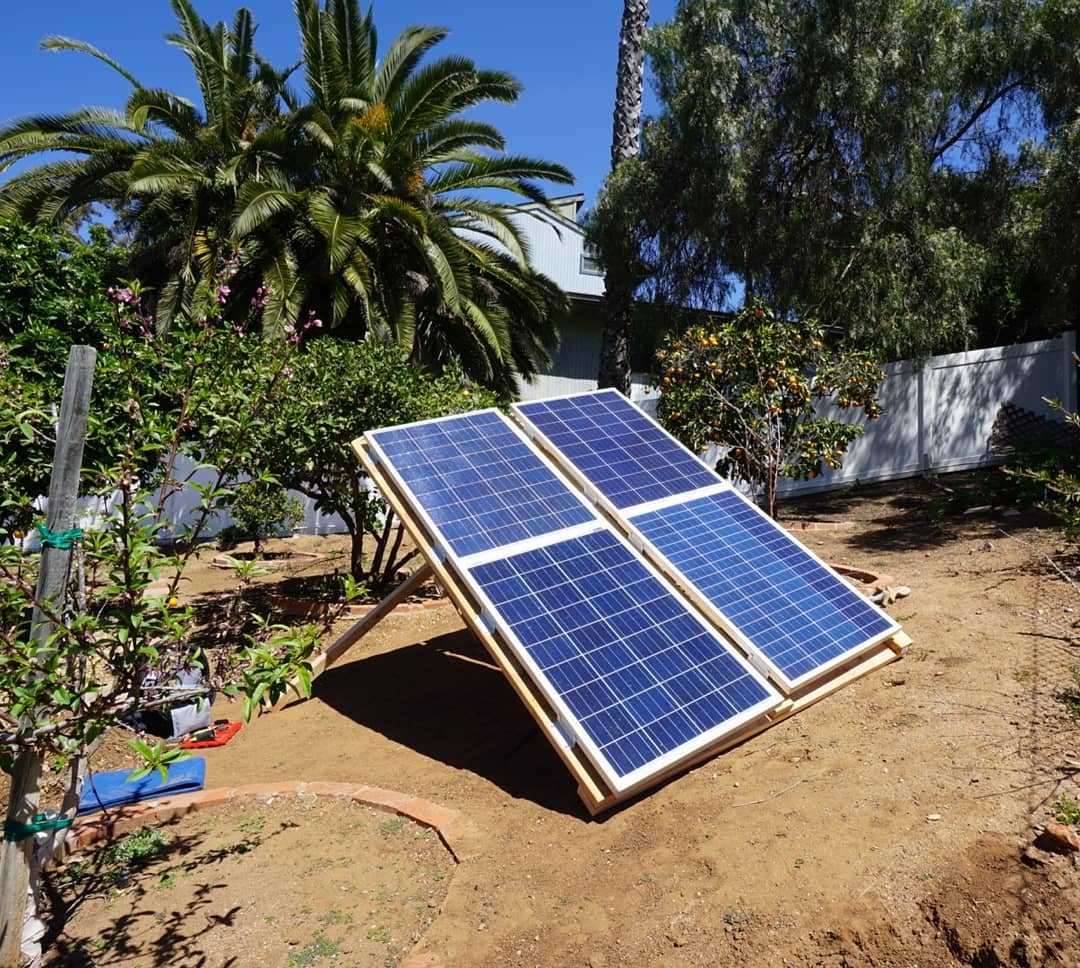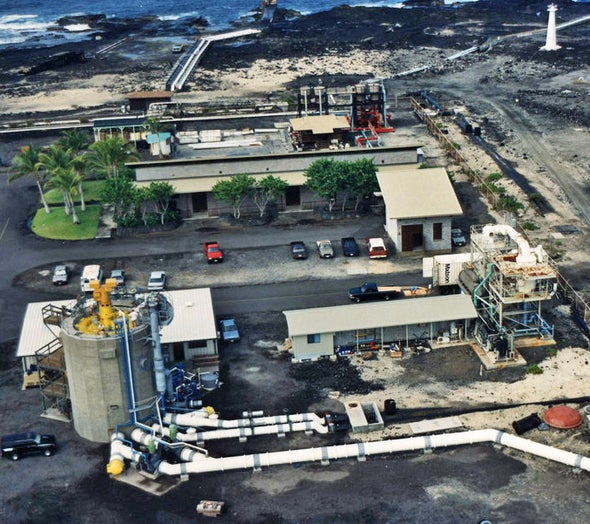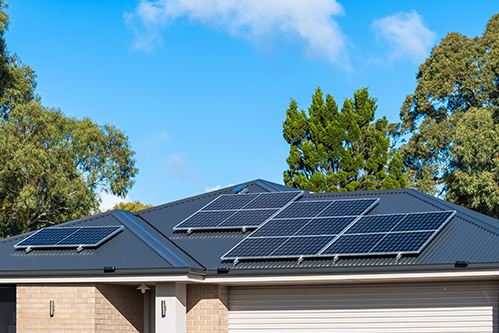
A sustainable energy definition means that energy is used and supplied in a way that minimizes the environmental impact. It includes economic, socio- and environmental factors. Sustainable energy, in essence, is energy that meets our current needs while not compromising future generations' ability to do so. It must also be safe for the environment and affordable for all. This is a broad definition, and there are many other definitions.
Sustainable energy is energy supply that does not cause damage to the environment.
A form of energy that meets current needs and is not harmful to the environment is called sustainable energy. This kind of energy is non-toxic and can be obtained from renewable sources. All renewable energy sources are sustainable.
These energy sources can be considered sustainable because they are renewable, such as wind, water and geothermal energy. They are renewable, can be replenished within a human lifetime, and do not cause long-term damage to the environment. Other sources of energy, such as advanced polymer composites and geothermal energy are examples of sustainable sources.

It includes considerations of environmental aspects
Energy sustainability involves considering the environmental impacts that can impact the production and usage of energy. Reducing material inputs can increase energy efficiency and decrease life-cycle carbon emissions. It is important to consider resource efficiency. Global primary material consumption is expected to double by 2050. Renewable energy sources can be used in order to decrease resource demand and preserve the environment.
Also, energy sustainability requires considerations for economic and social factors. In general, renewable resources are more environmentally friendly that fossil fuels. However, some renewable energy projects can have severe environmental impacts. Additionally, it is important that you consider whether a particular technology could be adopted by a local community as this can affect its costs and potential benefits.
It includes both economic and socio-economic aspects.
Energy sustainability is a multifaceted concept. It encompasses socio-economic and environmental aspects. These three components work together to ensure a more sustainable future of our energy needs. Energy is the lifeblood of society, and a sustainable supply is essential for achieving SDGs including poverty eradication, improved health and education, environmental protection, and industrial development.
The social and economic dimensions of energy sustainability work together to reduce pollution and improve efficiency. Together, they promote renewable energy, green technologies, and other ways to reduce energy use. They encourage environmental justice, global stewardship and respect for natural resources.

It is economically viable
A variety of technologies can help increase the energy efficiency of buildings. These include the use of renewable energy resources and passive technologies. The success of these measures will depend on a variety of factors including culture, lifestyle, and behavior. District energy systems can be used to improve energy sustainability and energy efficiency in buildings. These systems can generate power using both renewable and conventional resources.
Energy is a basic necessity for human life. It's used in a variety of ways, including lighting, heating, cooling and transportation. These services cover all aspects of energy's life cycle, from obtaining them to converting them and transporting them. These services enable a decent living standard and support societal development.